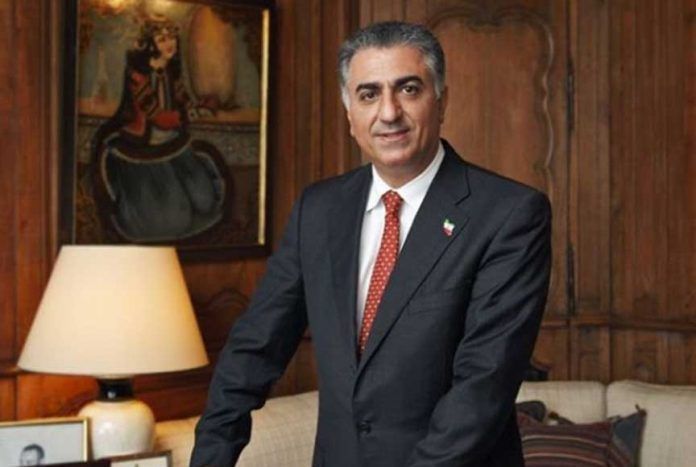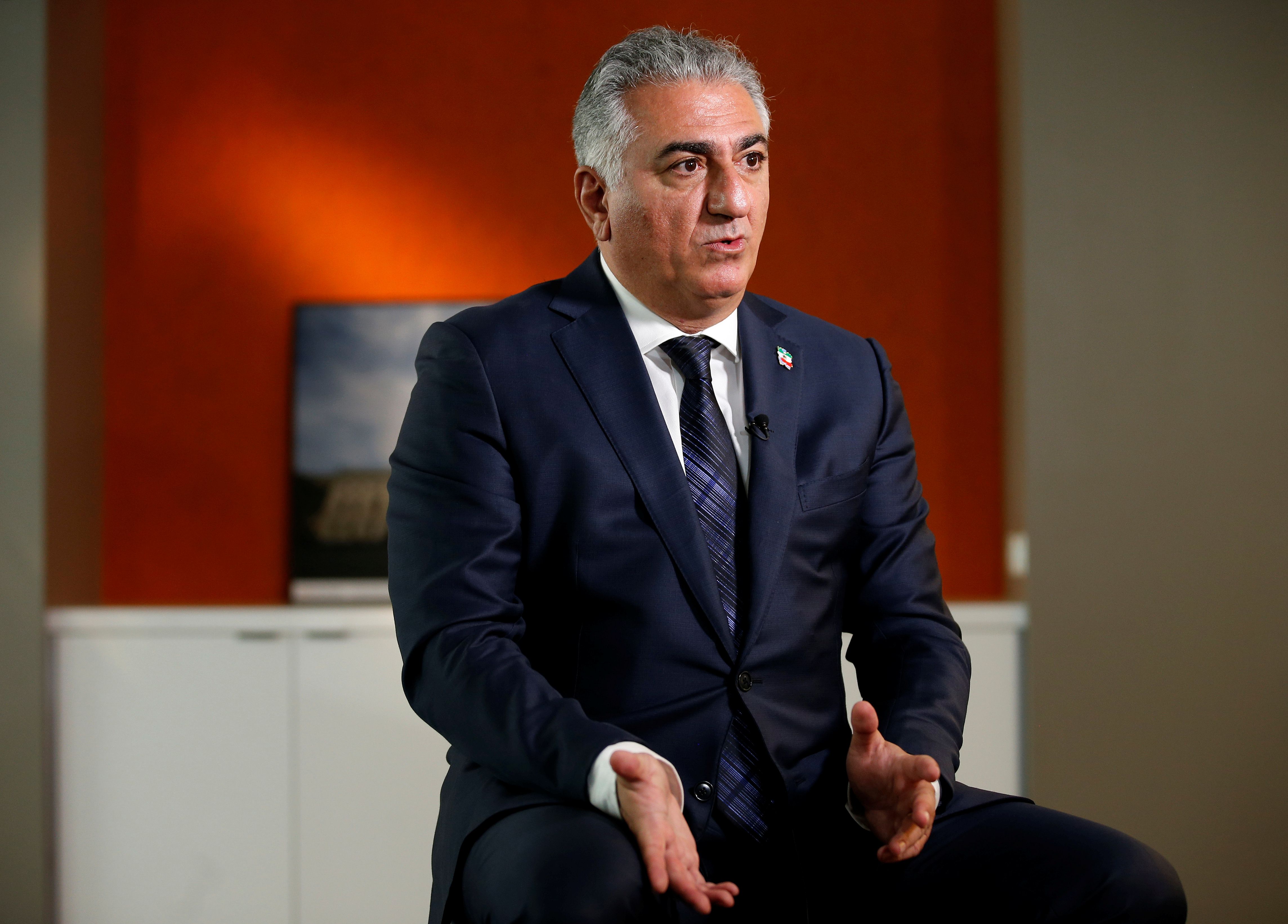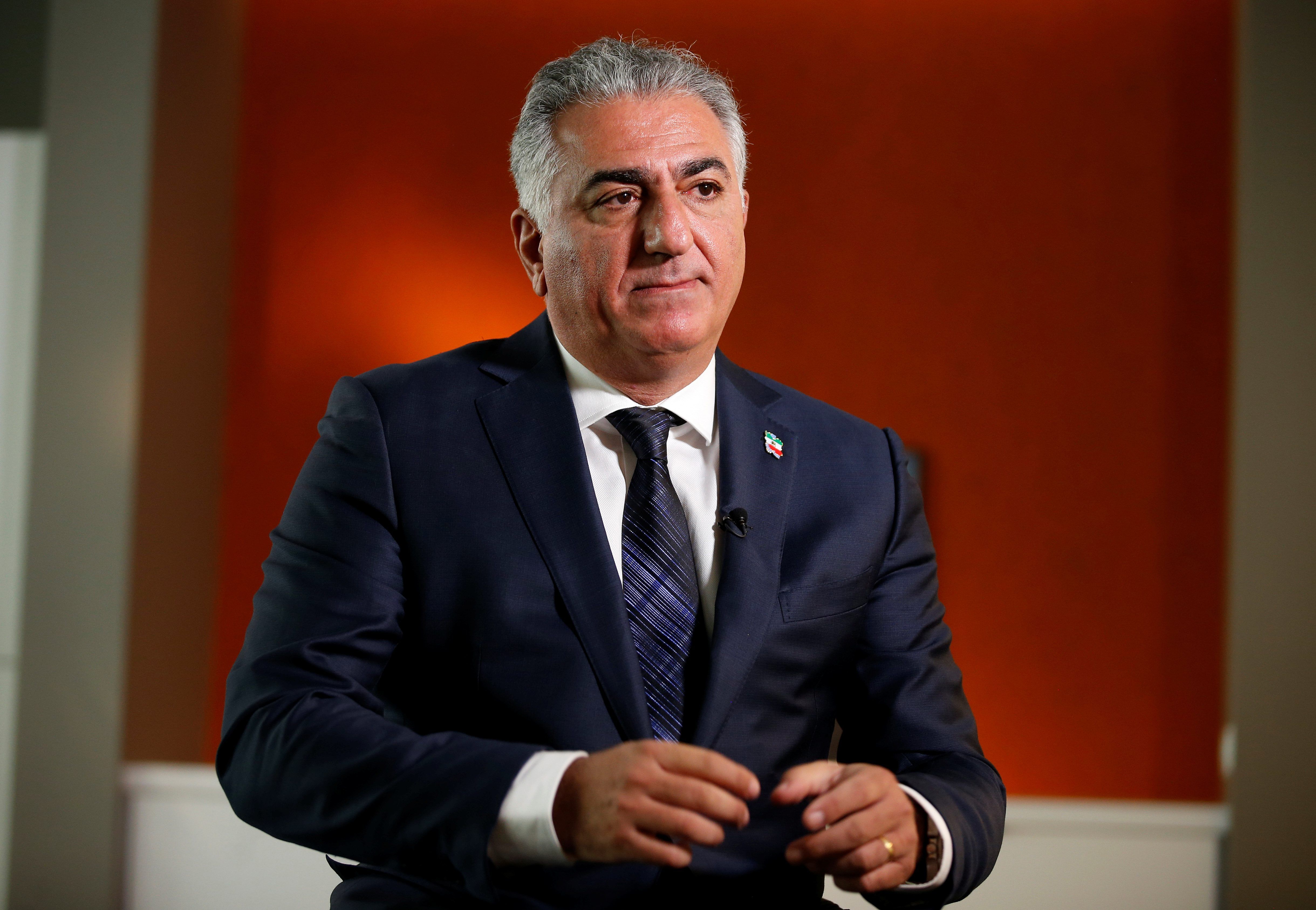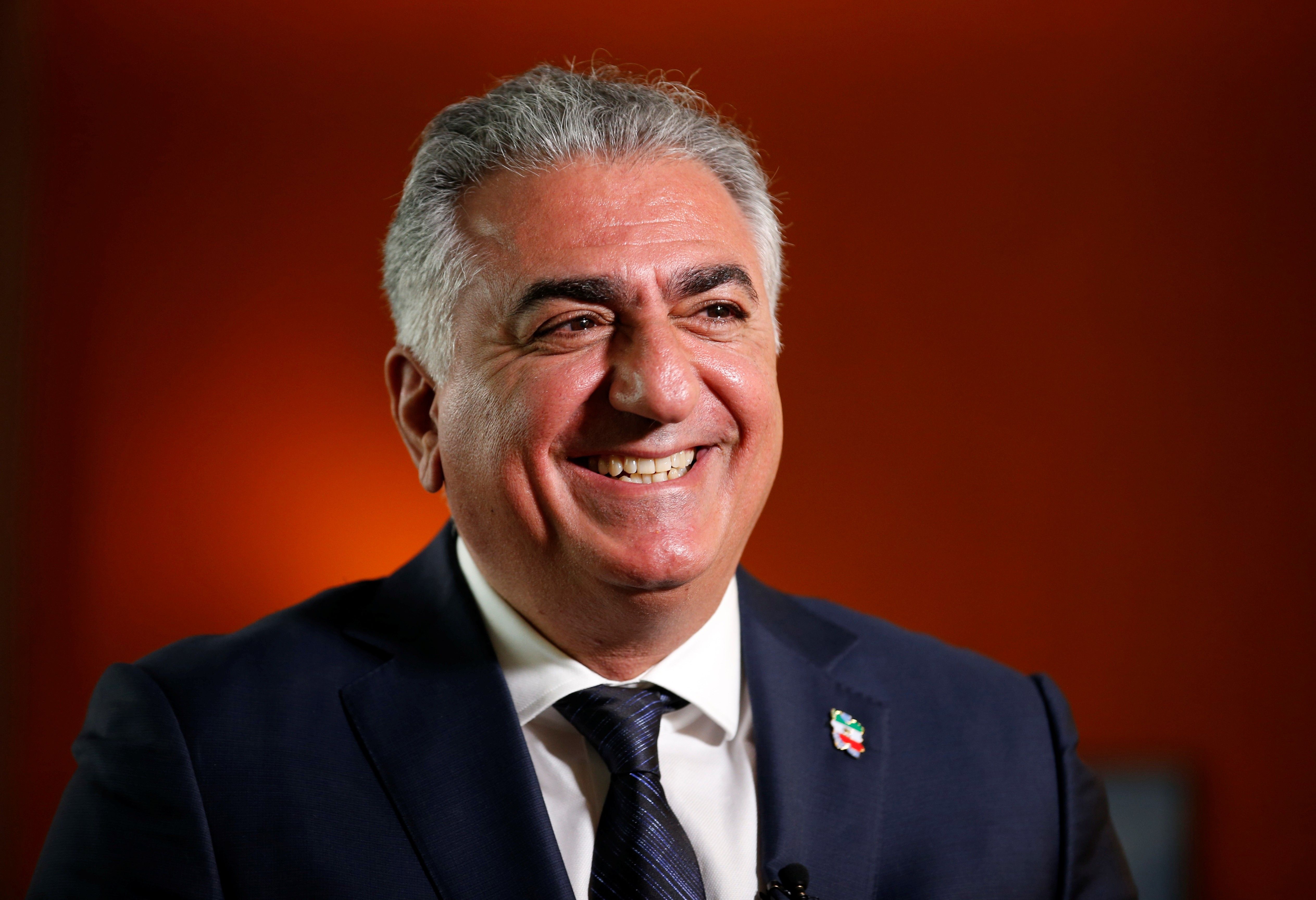[aesop_content color=”#ffffff” background=”#0892d0″ columns=”1″ position=”none” imgrepeat=”no-repeat” disable_bgshading=”off” floaterposition=”left” floaterdirection=”up” revealfx=”off” overlay_revealfx=”off” aesop-generator-content=”In an audio file published on social media in the closing days of the Iranian year (ending March 20), Reza Pahlavi, the son of the late Mohammad Reza Shah Pahlavi (1919-1980), spoke about a wide range of issues, including his views on monarchy and democracy. The Prince had expressed the same thoughts at different times in recent years. But this time, his expressions prompted several Persian-language media outlets to analyze, dissect and interpret those remarks extensively. Prince Reza Pahlavi recently sat for an exclusive interview with the publisher/editor of Kayhan Life, Nazenin Ansari. The following is the text of Kayhan Life’s interview with Reza Pahlavi.
“]In an audio file published on social media in the closing days of the Iranian year (ending March 20), Reza Pahlavi, the son of the late Mohammad Reza Shah Pahlavi (1919-1980), spoke about a wide range of issues, including his views on monarchy and democracy. The Prince had expressed the same thoughts at different times in recent years. But this time, his expressions prompted several Persian-language media outlets to analyze, dissect and interpret those remarks extensively.
Prince Reza Pahlavi recently sat for an exclusive interview with the publisher/editor of Kayhan Life, Nazenin Ansari. The following is the text of Kayhan Life’s interview with Reza Pahlavi.[/aesop_content]
Prince Reza Pahlavi, on behalf of the Kayhan Life family, I wish you a happy Nowruz, which marks the start of a new century (the year 1400), according to the Iranian calendar. We are grateful you made the time to sit for this interview.
I also wish you and all members of the media a happy new year. This new century belongs to you all. Communication and information will play a more significant role in shaping the future than any other period in history. Still, we should not underestimate the hidden dangers in the information and communication revolution. These include the world’s authoritarian regimes heavy investment in disinformation, as well as some social medias’ inherent tendency to polarize and deepen social conflicts. Being vigilant and faithful are the cornerstones of your profession as a journalist. They enable you to enlighten and expose false narratives that undermine democracy and human rights.
Can we speak about an issue that has sparked many reactions? In the audio file of your discussion with a group of people, you said that you preferred a republic to a hereditary monarchy. Why is that?
As a democrat, I do not believe in a hereditary rule. I reject the premise altogether. Inheritance is a personal and family matter. In this day and age, it should not have anything to do with the affairs of the state or running a government.
Do you mean if Iranians are asked to choose between a republic and a monarchy in a referendum, you will vote for the former?
We must allow monarchist representatives and republican representatives to define their proposals to a democratically elected constituent assembly clearly. Like all other Iranians, I will then cast a vote, choosing between clear options, not unknowns.
Does that mean you have not decided whether you prefer a monarchy or a republic?
If I were to say that before clearly defining the proposed republican or monarchical system, I choose a republic, I would be saying I prefer any republic over any monarchy. This is not consistent with reality today. For instance, some of the most progressive governing systems are constitutional monarchies, including those in Belgium, the Netherlands, and Scandinavian countries. Conversely, some of the most brutal dictatorships are republics.
Some critics would argue that the Scandinavian countries’ situations have nothing to do with realities in the Islamic world and our region, where monarchies are not democracies.
Are our region’s republics democracies? Ordinary people’s living conditions in Morocco, Jordan, the United Arab Emirates (UAE), and Oman are significantly better than that of Libya, Syria, Iraq, and Yemen nearby. To be fair, the secular republic established by [Mustafa Kamal] Ataturk [in office 1923-1938] in neighbouring Turkey was relatively successful. But even there, attempts to introduce religion into the country’s governing system and violations of the Kurdish citizens’ human rights today threaten Turkey’s national unity.
But why go far away? In our own homeland, a referendum held shortly after the [1979] Islamic Revolution, Iranians overwhelmingly voted for a kind of republic, the true nature of which they did not understand. We must not repeat that historic mistake. We must know what we are voting for exactly. The religious dictatorship in Iran fuels and inflames the debate between an ill-defined monarchy and a republic. This mires their democratic opponents in an interminable debate that cannot possibly be concluded before a free and fair election for a constitutional assembly.
So let us focus on what is clear: What can guide the country towards democracy and reconstitute national unity is a robust parliamentary system committed to human rights and eradicating all forms of discrimination. It is under the rule of law that protects those rights, especially the rights of the minority against the majority, that the authority and legitimacy of such a government and its parliament are strengthened. Democracy is not a dictatorship of the majority, whose authority would surely erode a diverse and pluralistic society like Iran.
So, you are not on the same page as those protesters in Iran who shout “Reza Shah, God bless your soul” because it seems they want a powerful monarch?
My grandfather [Reza Shah Pahlavi, reigned from 1925 to 1941], was a visionary leader who thought about ensuring Iran’s greatness 100 years into the future. But today is today. Indeed my grandfather would not do what he did 100 years ago if he were alive today? My take of these slogans that invoke his name is that they celebrate his nationalism and modernization of Iran out of backwardness and disintegration. A blueprint for 21st century Iran without broad popular participation is defective. It will not work. The constructive resolution of differences in a pluralist society is not possible without parliamentary give and take between the true representatives of all Iranians.
So let all democratic Iranians work together towards creating that parliament. Being stuck in disputes that could only be resolved in that parliament is acting as fuel-bearers for religious tyranny. The time to act is now. With every passing day under the Islamic Republic, poverty, discontent, and even the country’s risk of disintegration will increase. This is what makes the “No to the Islamic Republic” campaign critical. Of course, the political community and the people of Iran should also discuss our future system of government, But not in a mode or mood of conflict. Instead, to clarify alternatives to which we can say “yes” when we have our constitutional assembly.
Let’s say people vote for a desirable version of monarchy and ask you to assume office; what will be your answer?
Instead of talking about ill-defined scenarios, let me be crystal clear about what I want and what I will not accept. The political scene is divided into two parts, mandatory and voluntary. The first is related to the government, and here we are talking about a “good government.” The constitution and the government’s regulations must be accepted, and disobeying them is a violation of the law and is punishable. But the second part deals with open civil and political organizations such as associations and parties. Anyone can join or leave them at will.
Years of experience in free and democratic countries have led me to decide not to accept a role on the mandatory side of politics, i.e. in government. I believe my best service to the public will be on the voluntary side of politics, where I can engage in free association and stay close to ordinary Iranians.
You’ve spoken about a symbolic office that would entail minimal discretionary power and authority. Would you accept such a role?
If you mean a ceremonial role, living in the Royal Palace, cutting inauguration and dedication ribbons, and reading speeches written by others, my answer is an unequivocal no. I insist on engaging closely and freely with my fellow Iranians. I want to travel with no restrictions on all regions of my country. I want to sit with people and listen to their concerns. I do not want people to view me as a remote figure.
Let me be more precise about how I see my role: governments can draft good laws to protect women and minorities. However, there are no laws that can force people to understand their rights and fight for them. I want to raise social awareness about these issues by sharing with my fellow Iranians all the experiences I have accumulated in the decades that I have lived in free and advanced societies. I want to make other Iranians and the international community aware of their grievances and any violation of their rights. This the commitment that comes from my heart.
I am ready to fulfil my role in promoting national unity, including by supporting campaigns like “No to the Islamic Republic.” I do my utmost to highlight the plight of Iranian people to the International community and foreign governments. I do this so that one day Iranians can freely choose a governing system that best guarantees their freedom, establishes democracy, protects their human rights, and ensures their safety, security, and prosperity.
This article was translated and adapted from Persian by Fardine Hamidi.





